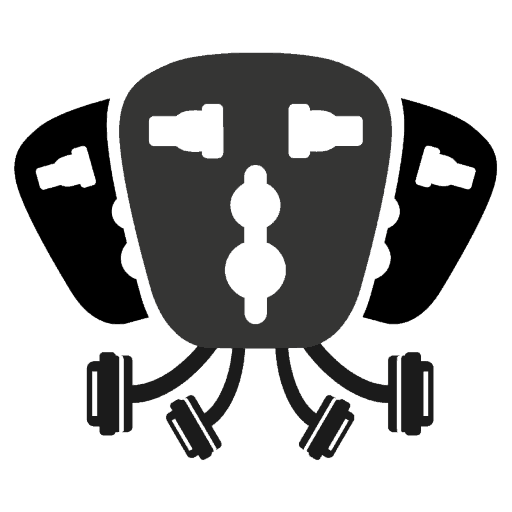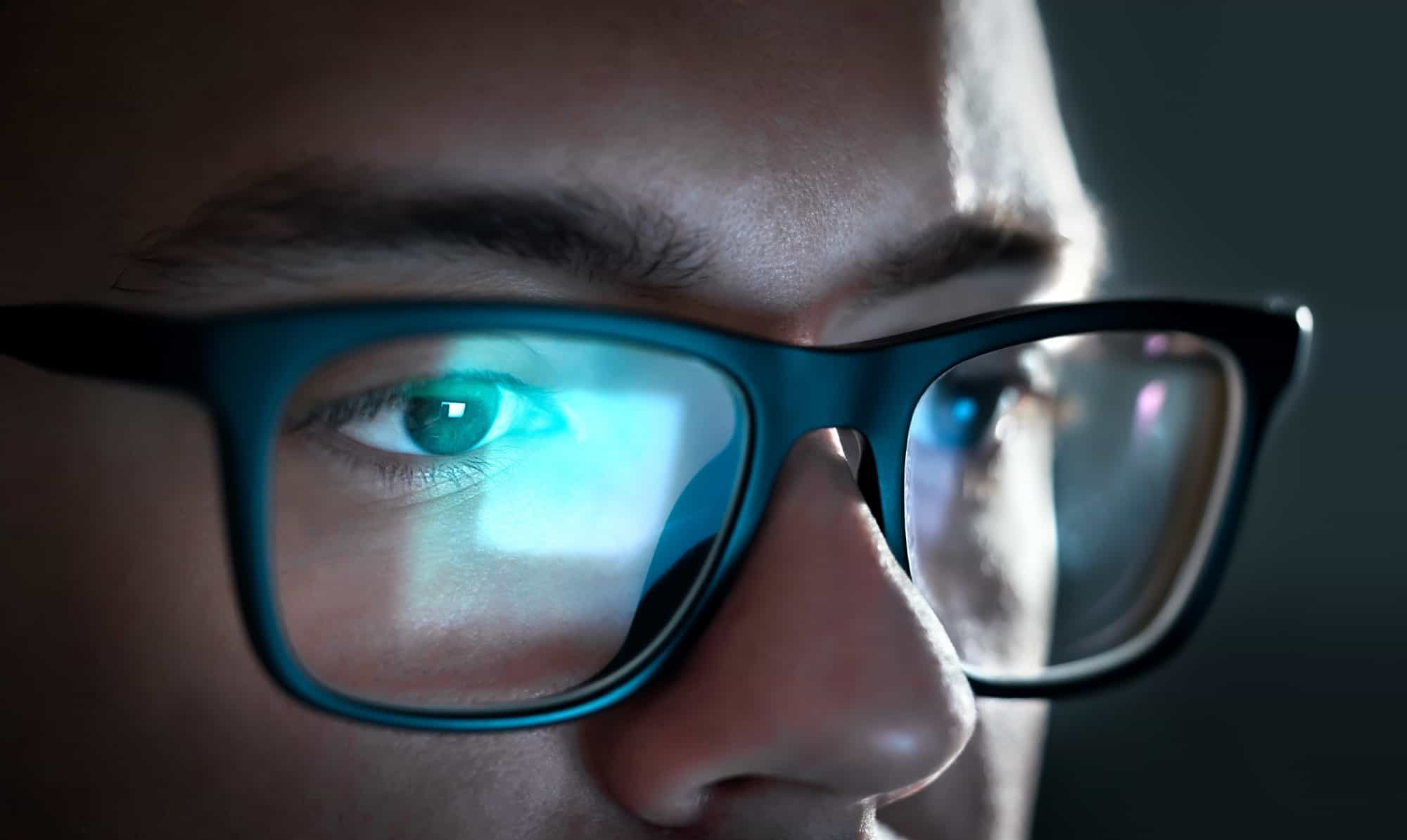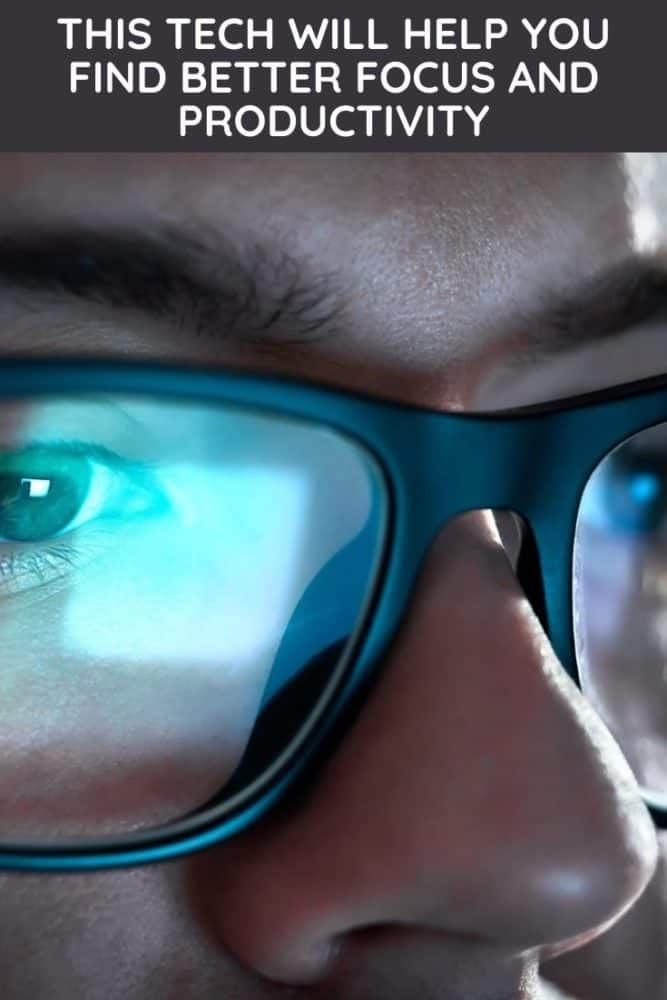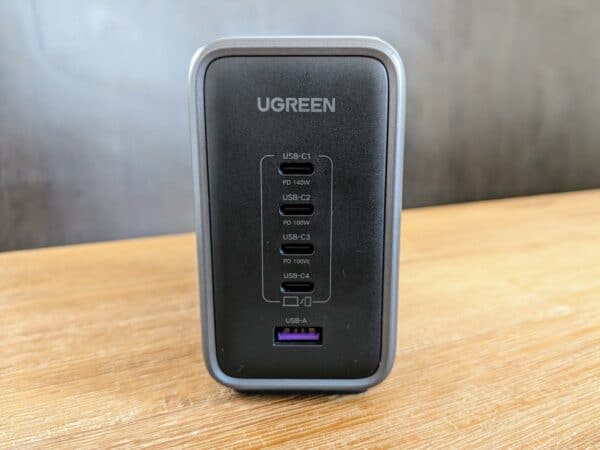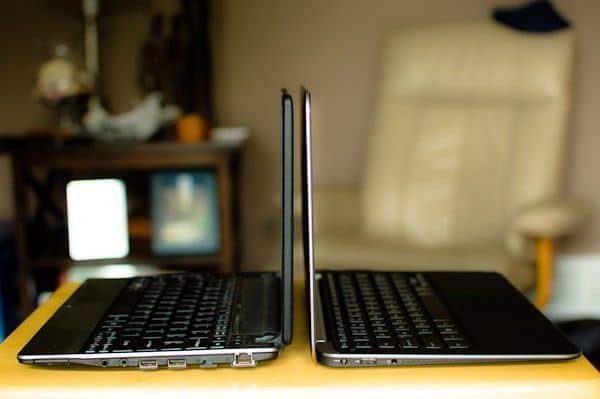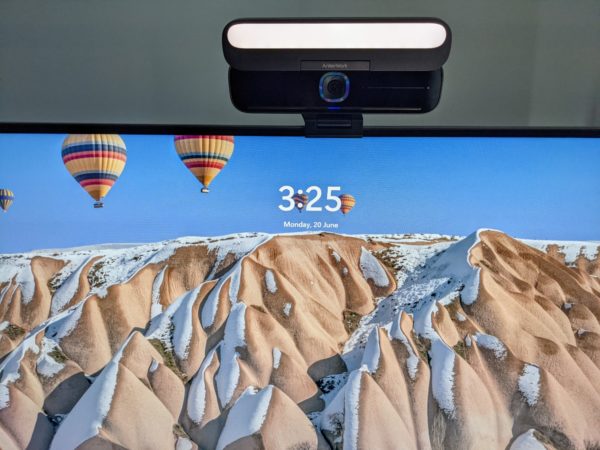The Best Apps, Tools, and Gear for Better Focus and Productivity
We may earn a commission from purchases you make after clicking links on this site. Learn more.Technology has radically changed our lives.
On the positive side, it lets us stay connected to friends and family 24/7, work remotely from almost anywhere, enjoy instant access to vast stores of information, and much more.
It’s a double-edged sword, though, especially when it comes to paying attention. Technology has dramatically eroded our ability to focus. Many of us check our phones constantly, scroll social media when we should be working, and feel lost without our devices.
In many ways, the very tools we developed to become more productive are stopping from doing so.
As is often the case, however, tech creates both the problem and its solution. Certain apps, tools, and equipment can help reduce this trend, letting us avoid the distractions, regain our focus, and be significantly more productive.
Some of it is designed specifically for the purpose, and some of it is more general-purpose technology that can be used in a particular way. Today, I’m talking about both.
Can Technology Help Improve Focus?
Some technology is inherently distracting, while some can actually help us regain our diminishing attention spans. Here are just a few of the ways it can potentially help:
- Noise-cancelling headphones block out distracting background sounds
- Ergonomic work gear and devices improve our comfort and focus
- Productivity apps help us schedule our time and remain on track
- Site-blocking tools prevent us from accessing distracting websites and apps
- Atmospheric music help get us into a “flow state”
Finding the tech that works best for you, however, is a matter of trial-and-error.
For me personally, the most benefit has come from site blockers (Reddit is my kryptonite), noise-cancelling headphones (I have the Bose QuietComfort 45), and focus music like Brain.fm (more on this below).
The rest of this article will explore some of the tools and services you can explore, broken down into two broad categories: physical devices, and apps or services.
Devices for Focus
The right physical devices can help you focus, either by reducing distractions, or by making you more comfortable and getting you into a more productive state.
Noise-Cancelling Headphones
A good set of headphones help block out distracting background noise, making it easier to focus on the task at hand. Whether you choose to listen to music, podcasts, or ambient sounds, having control over what you’re listening to goes a long way towards helping you focus.
Higher-end versions like the Sony WH-1000XM5 and Bose QuietComfort use active noise cancelling, which essentially means they play low-level frequencies that actually “block” background noise.
I recommend a nice set of noise cancelling headphones for best results. Earbuds with noise-cancelling tech can work as well, but they tend to have shorter battery life and aren’t as comfortable to wear for long periods.
Ergonomic Work Gear
If you spend a significant amount of time sitting in front of a computer, whether for work or play, it’s important to invest in an ergonomic setup. This could include any or all of the following:
- An ergonomic keyboard
- An ergonomic mouse
- A laptop stand and/or an extra monitor
- A nice desk/office chair
- A standing desk
Ergonomic gear is important for reducing the risk of work-related injury and pain, but it can also help you focus. For instance, a 2016 study found that the use of standing desks improved productivity in workers.
🏡 For more information, check out our guide to work-from-home gear.
Apps for Focus
Apps and services can help improve focus in a number of ways, either by removing distractions, reducing distractions, or helping us organize our plans and workflow.
Productivity Apps
While the classic “to-do list” works for some people, switching to a modern productivity system often provides a better job of staying on track. By organizing your thoughts, responsibilities, and projects, you can free up more brain space for doing the actual work.
There are hundreds of different productivity apps, services, and solutions out there. In my experience, these are some of the best:
- Google Calendar. If you prefer a calendar/due-date approach, Google Calendar is an efficient and free way to stay on track. It syncs with Gmail and other Google services, and is very easy to use. You can use it to schedule out your days, set reminders, assign tasks, and much more.
It’s straightforward to create reminders, tasks and appointments, either one-off or repeating, and drag them to a new day or time when the real world inevitably gets in the way of your best-laid plans.
My favorite feature is that you can have multiple calendars for different aspects of your life — for instance, I have a “work” calendar, a “life” calendar, and a “fitness” calendar. I can choose to view them all at once, or focus on one at a time.
- Notion. Notion is a powerful productivity tool that combines databases with traditional document-style note-taking applications. You can use it to monitor progress on projects, set up detailed information stores, take notes, collaborate with others, and more. It’s free for individual users.
My favorite feature of Notion is its selection of pre-existing templates, made both by Notion itself and third-party creators. Notion can be very intimidating to get started with so it’s great to be able to copy an expert’s existing setup, or to pick and choose different templates from different creators. - Todoist. Todoist is a simple task management app that modernizes the classic to-do list approach to productivity management. It’s simple, easy to use, supports collaboration with others, and has a free version available.
Site Blockers
If you’re like me, one of your biggest impediments to consistent focus is distracting websites.
Whether you’re constantly checking the news, scrolling through social media, or browsing Reddit, these websites can break your concentration and suck hours out of your day before you even notice.
Fortunately, apps and browser extensions such as Freedom and StayFocusd let you temporarily block access to these websites.
The apps are customizable in many ways. You can choose which apps or websites you want to block, and when you want to block them. For instance, you could set it up to block YouTube, Reddit, and Google News on all weekdays from 9am to 6pm.
Or you can just set a time limit for sites. For instance, you could allow yourself half an hour per day on Facebook and 45 minutes on Gmail, or whatever amounts make sense for you.
Timers
Many of us can’t focus for long periods of time, so we end up getting distracted after a short period of focused work. In some cases, leaning into this tendency can actually improve your focus.
By focusing intently for a short period of time, followed by a quick break, we can often get more done while feeling less guilty about becoming distracted.
This technique was popularized by the Pomodoro Technique. The technique asks you to set a timer for 25 minutes, during which time you focus intently on the task at hand. When the timer goes off, you can take a short break, around five minutes or so. Then, simply repeat the cycle.
It sounds simple, but it works very well for many people — myself included.
You can use the timer on your phone or computer, or use an online tool like Pomofocus.
Atmospheric Music
Playing the right kind of music, or even just ambient background sounds, can potentially help improve your focus and get you into the coveted flow state.
Tons of different services exist for this:
- Brain.fm ($6.99/month) is one of my favorites. It offers what they call “functional music”, using a patented technology that supposedly alters your brain activity while focusing. A free trial is available before you plonk down the credit card.
- Focus@Will ($7.49/month) is another service that’s similar to Brain.fm. Its atmospheric music is made by a power-partnership of neuroscientists and platinum-selling music producers, and the library contains thousands of hours of unique tracks. Again, a free trial is available.
- LifeAt Spaces is a unique free service that offers “virtual work and study places”. You can choose a snowy cabin in the woods, a bustling cafe, or one of dozens of other virtual spaces. The service combines soundscapes with pleasant video loops to mimic actually being in that given space.
- YouTube is, well, YouTube. You can find tons of free background music, lo-fi beats, atmospheric music, and background sound recordings (like a bustling coffeeshop) to help you get the work done.
Get regular updates from the world of travel tech and remote work
News, reviews, recommendations and more, from here and around the web
Virtual Coworking
Do you find that you’re more focused when you’re in a productive environment, surrounded by other people who are also working?
Recreating this environment can be tricky if you work at home, but a few services are trying to fix this problem by creating “virtual coworking” opportunities.
Focusmate is one I particularly like. You sign up for a time slot, and are matched with another random person. You then join a video session, greet your Focusmate, briefly explain what you’ll be working on, and then get to work for a short, focused session.
Focusmate is free to try, and you can do up to three free sessions each week. If you like it and want to utilize more sessions, it’s only $5 per month for unlimited Focusmate sessions.
🖥️ For more inspiration, check out our round up of apps for remote workers, and our guide on how to be more productive as a remote worker.
Got any other focus and productivity tools or tips to share? Drop them in the comments!
Image via Tero Vesalainen/Shutterstock.com
